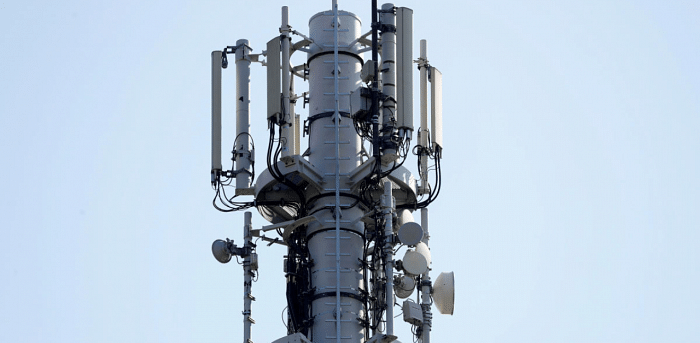
State-run telecom firm BSNL will test the quality of Indian telecom equipment before letting indigenous manufacturers participate in the 4G tender to be floated by the company, according to a notice of the company.
BSNL had floated a 4G tender worth Rs 9,300 crore for procurement of telecom equipment in March but was cancelled later due to multiple reasons, including allegation from Indian companies that the state-run firm project does not comply with preferential market access norms and is inclined towards foreign companies.
The company now plans to float a tender for procuring equipment for 57,000 sites for 4G services but exact details will be shared in the tender document.
"To ascertain eligibility of bidders in the upcoming 4G tender of BSNL keeping in consideration the spirit of the 'Aatmanirbhar Bharat'...to promote indigenous manufacturing of telecom sector, BSNL invites proposal though ...expression of interest for prior registration/proof of concept from Indian companies interested in participating in the BSNL's upcoming 4G tender..." the EoI said.
BSNL employees have criticised the government for forcing the company to purchase telecom equipment from Indian companies and called their equipment sub-standard.
"Only the bidders, who get themselves registered through this EoI, shall be eligible to participate in the upcoming 4G tender of BSNL...if any Indian registered company meets all the eligibility conditions including technical proven-ness of the equipment, then such companies shall also register for the upcoming tender as per the provisions of this EoI," the notice said.
The companies are required to pay registration fee of Rs 5.9 lakh for the EoI.
Indian companies should have their own intellectual property right of the core equipment and right to modify source code of the equipment. Domestic telecom companies with financial turnover of Rs 2,500 crore in the last three financial years or calendar year can participate in the EoI.
The EoI condition mandates Indian companies or consortiums to have experience of commissioning at 45,600 mobile sites for 4G service in any one single network or 28,500 sites for 4G in at least two different networks each or 22,800 sites for 4G in at least three different networks each.